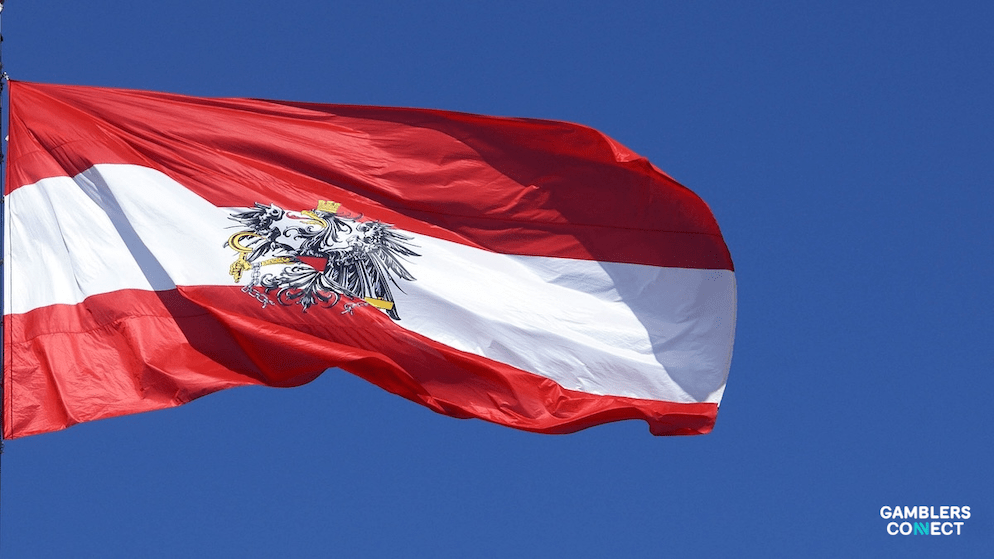
Austria’s online gambling framework is nearing a critical juncture as the Austrian Association for Betting and Gambling (OVWG) intensifies its calls for the government to transition away from the state-controlled monopoly and adopt a modern licensing system.
Citing the potential for enhanced consumer protection and significant tax revenue gains, the trade body argues that the market is prepared for liberalization.
The push for reform comes as other European nations move in a similar direction, with Finland set to begin its transition away from a monopoly in 2026.
If Austria does not advance reforms, it risks being left behind with Poland as one of the last remaining European jurisdictions with a strict state monopoly on online casinos.
According to the Austrian Association for Betting and Gambling intensifies, momentum for change is building, with federal-level discussions expected to begin shortly among the Austrian People’s Party (ÖVP), the Social Democratic Party (SPÖ), and NEOS. The goal is to reach a political agreement by the end of 2025.
The OVWG’s analysis suggests the Austrian market could immediately support 20 to 30 licensed companies, including established sports betting brands like Tipico and Bwin, alongside international giants such as bet365, LeoVegas, and Betway.
The association projects that a regulated, competitive market could generate approximately €1.4 billion in tax receipts by 2031, a figure vastly exceeding current returns.
Furthermore, a licensing regime would channel players toward regulated and safer environments, aligning with international best practices.
With the exclusivity held by Casinos Austria set to expire around 2027, the timeline for action is tightening.
Policymakers are now weighing their options, which range from a fully open market to a more cautious limited-license model. Industry stakeholders have indicated that even a capped licensing system would represent meaningful progress.
The decision now rests with federal negotiators to determine whether Austria will converge with the European standard or remain an outlier.





